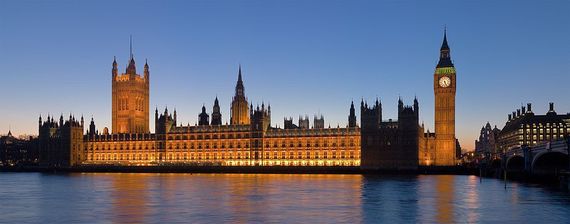GPs are not directly employed by the NHS. GP principals (who usually work in partnerships and may themselves employ other, salaried, GPs) are contracted to NHS England for the work that they do. They are free to undertake private work (such as providing insurance and legal reports) but the vast majority of their work is for the NHS.
Therefore, GP principals are in the unique position of deriving the vast majority of their income (from which they will also have to pay for their expenses such as nursing and administrative staff) from one employer but being independent contractors.
GP principals have a great degree of autonomy over how to run their practice (which NHSE and governments may find frustrating) and are motivated to work long hours (sometimes longer than healthy) completing the work their patients need from them. They can be well rewarded but also carry the risk for employing their staff: if the practice fails financially, they can be personally liable.
As such, GPs as independent contractors offer unparalleled value for money for the NHS.
Unfortunately, in recent years, the work required has mushroomed and the funding, as in much of the public sector, has been squeezed. As such, the responsibility, workload and risk has been daunting for many. Many GPs have left the workforce and not enough have been trained. There has been a reluctance in some cases to share profits with newer colleagues even if they wanted partnership.
Consequently, unless substantial new resources are forthcoming, the model of employing GPs as independent contractors is under threat.
In the report of the House of Lords Select Committee on the Long-term Sustainability of the NHS, it was suggested that the independent contractor status of GPs as a model of funding was "not fit for purpose" (
page 23 para 71). This is only because of years of the model being sabotaged, some would argue deliberately.
What is urgently needed is proper funding for General Practice, otherwise the ICS model will be only one of the first casualties. Certainly, without new resources, we will in the interim need to find new and less efficient ways of working, probably using directly employed GPs and other staff.
My declarations of interest
I have been a GP for nearly 13 years, of which 4 have been as a partner of a large multisite partnership (
Midlands Medical Partnership). I am currently a salaried GP at
Sandbach GPs, Ashfields Primary Care Centre and am looking for a partnership to join, as I believe in the ICS model and that it has a future. I am standing for re-election to the Council of the
Royal College of General Practitioners.)
Postscript 30 April 2017
According to a
poll of nearly 850 GPs run by
+Pulse Today, 57% believe the partnership model has no long term future and only 20% believed it would still exist 10 years hence.

